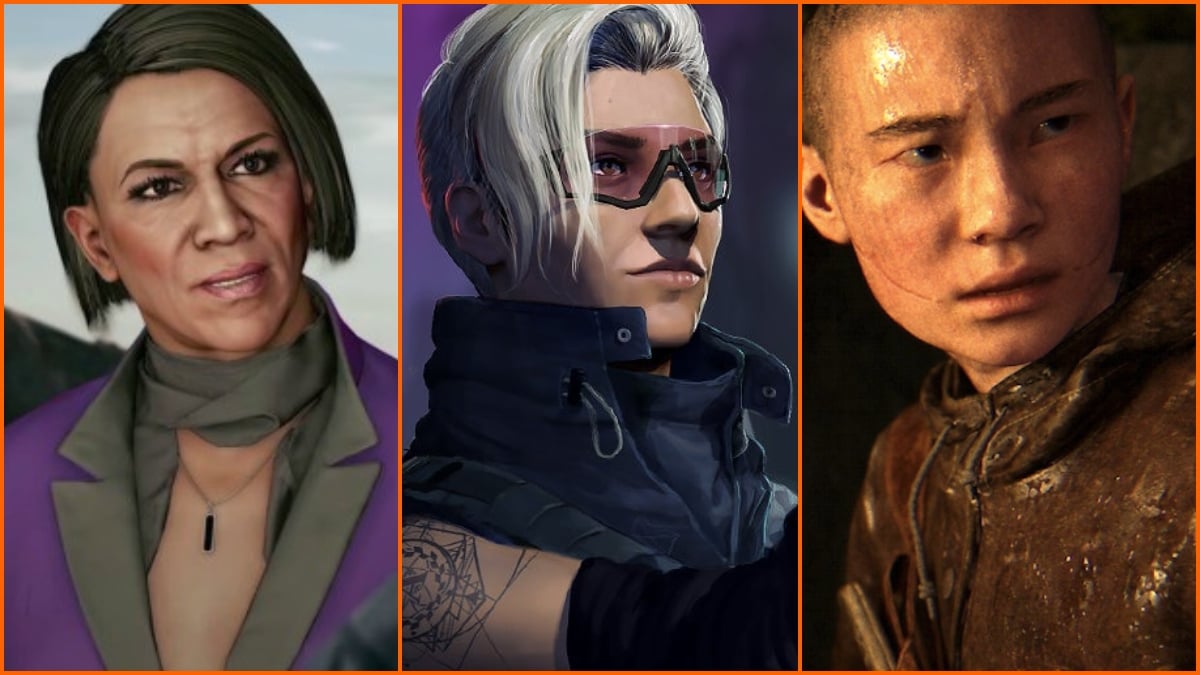Although there’s still a long way to go, we’ve progressed as a society considerably in the last decade or so, welcoming non-conforming identities and sexualities with open arms (well, most of us). Nowadays, the LGBTQIA+ community is much more visible in modern media, represented through movies, TV shows, video games, novels, and more.
Unfortunately, the T in LGBT is often overlooked, as the transgender community suffers from derogatory and/or inaccurate representation on a consistent basis. Coming to terms with one’s true self can be a harrowing experience, so it’s often comforting to see successful transformations in video games via all manner of unique, zany characters. You’ve likely played an entire game without spotting the transgender character among the crowd, which is precisely the point. It doesn’t need to be a whole announcement, but rather a subtle reminder that trans folks exist, are seen, and are accepted by anyone who isn’t a bigot.
Lev (The Last of Us: Part II)
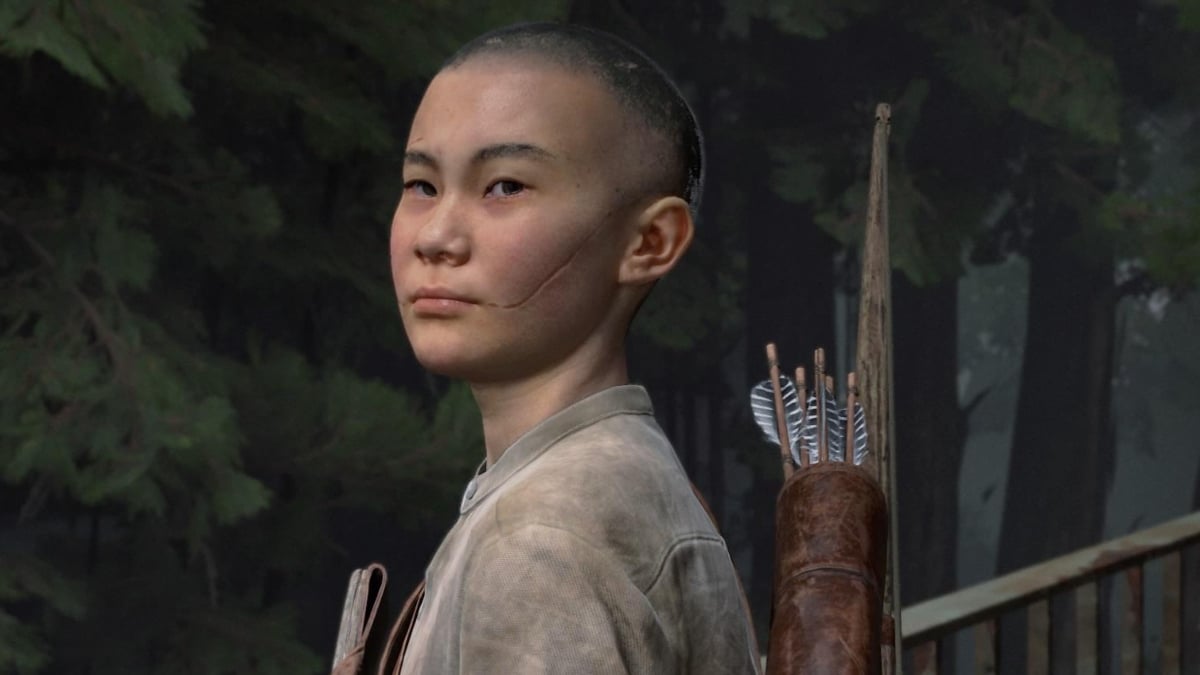
Definitely the most prominent transgender individual of the last half-decade, Lev features in Abby Anderson’s story in The Last of Us: Part II. As a former Seraphite, Lev and his sister Yara form a bond with the Washington Liberation Front soldier to escape the cult after being cast out. Born as “Lily,” it was noted by Yara that Lev had long questioned the Seraphite traditions, presumably stemming from his gender dysphoria. Lev managed to hide these true feelings until he was assigned to wed an elder. Denied the chance to be a Seraphite soldier like Yara, an act of defiance led Lev to shave his head (effectively announcing his gender as male) and change his name. Lev’s bold disobedience sparked outrage among the community, who branded Yara and Lev as apostates and exiled them from the tribe, forcing them to flee for their lives. In-game dialogue (if one listens closely) between Lev and the Seraphites actually refers to him as “Lily” (in an act of ignorance) on numerous occasions.
Damien Bloodmarch (Dream Daddy: A Dad Dating Simulator)
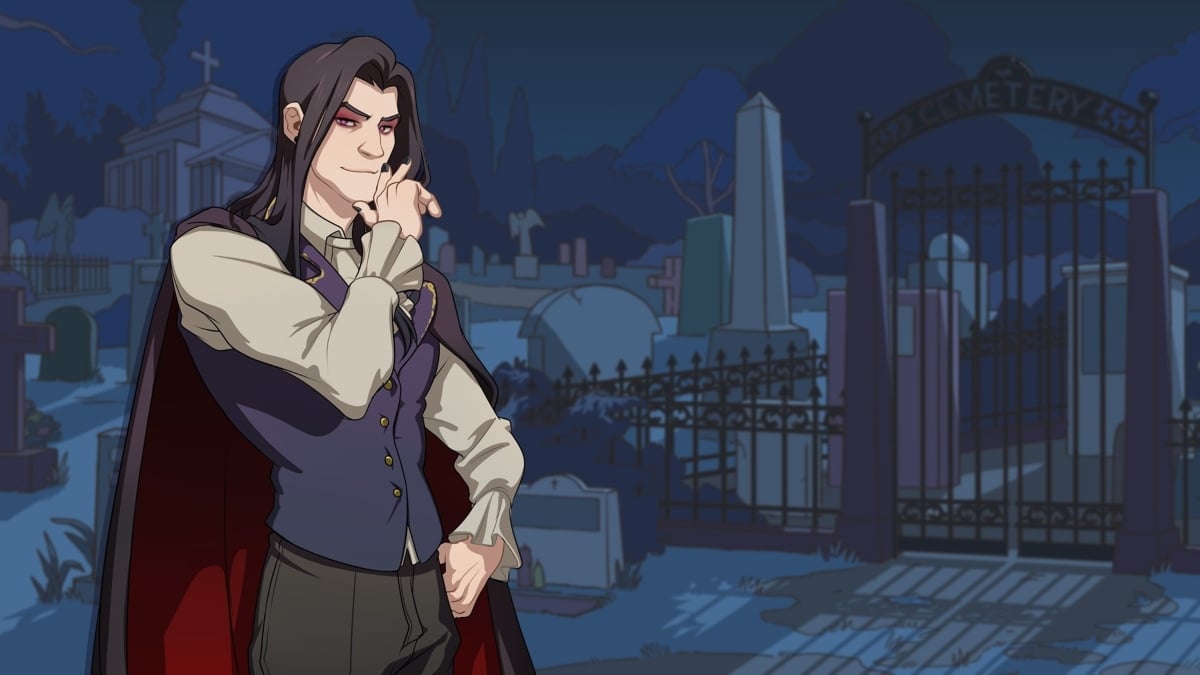
The Game Grumps scored major points with the LGBTQ+ community just for conceiving Dream Daddy: A Dad Dating Simulator in general, so the fact that one of the potential suitors was confirmed to be transgender only made the game even more progressive and popular. Damien Bloodmarch has an unhealthy obsession with the Victorian era, designed to be a stereotypical “goth” character who works a boring desk job in the IT department and volunteers at the local animal shelter. When taking Damien on a first date, the dialogue confirms that he is transgender: “To be able to wake up in the morning, pick from my closet a variety of cloaks, waistcoats, top hats, and even binders that are period appropriate feels amazing.” The term “binders” refers to chest binders, commonly used by transgender males (and even some non-binary persons) to flatten their chest and emulate a more conventionally masculine look. We’ll give Damien extra points for being one of the most interesting dads of them all.
Krem (Dragon Age: Inquisition)
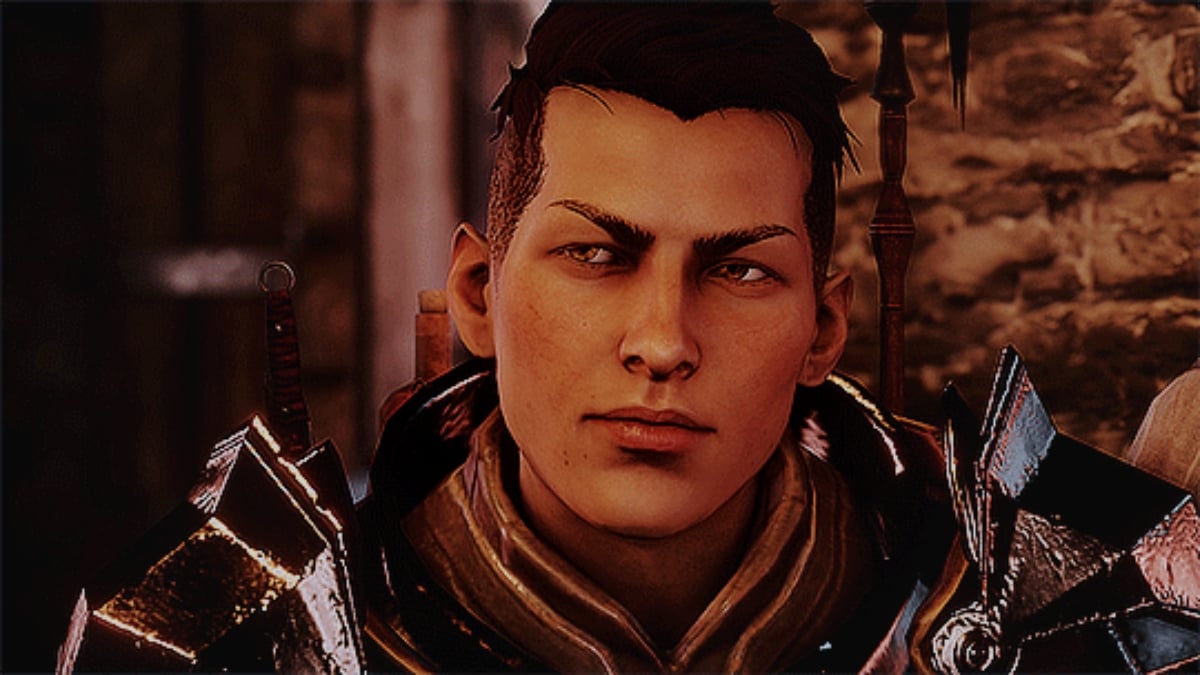
Krem, full name Cremisius Aclassi, serves as the Iron Bull’s second-in-command for the Bull’s Chargers mercenary band. Krem is the second openly transgender character in the Dragon Age series, the first being Maevaris Tilani from the comic mini-series Dragon Age: Those Who Speak. He’s also the first transgender character to appear in a BioWare game. On the official BioWare website, Patrick Weekes, a member of the Dragon Age writing team, discussed the importance of Krem’s inclusion beyond mere fan service.
“The character had to serve a purpose beyond ‘being there to be a genderqueer person.’ Every character in our game serves a purpose — reinforcing the theme of a plot, character, or area — and we do not have the budget for someone who is just there to tick off a box.”
Given that the game’s software relied on certain assignments to gender, BioWare took extra care when crafting Krem and took all aspects of transgenderism into consideration, including the lack of transitional procedures during that era.
Ned Wynert (Assassin’s Creed Syndicate)
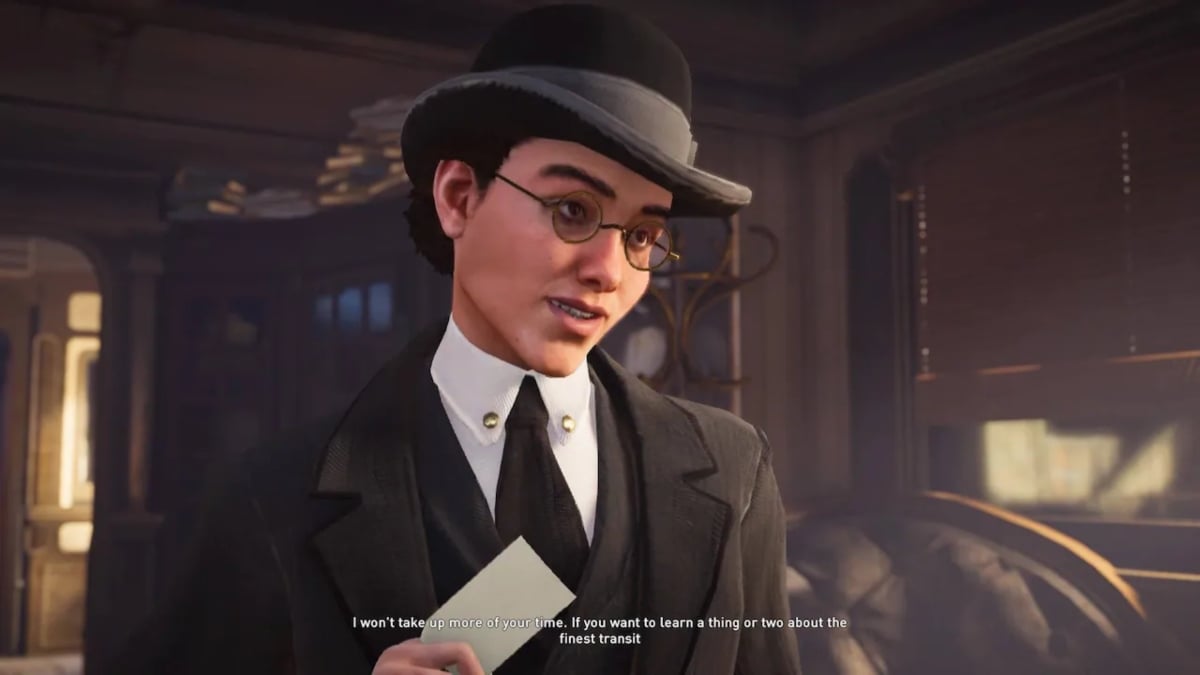
Born Henrietta “Netta” Mary Wynn, Ned Wynert is an American businessman and ally of Assassins Jacob and Evie Frye, who features in Assassin’s Creed Syndicate. According to his biography, “By day, he played the part of a respectable young girl, but by night he snuck out and dressed as a boy.” Eventually, a life among thieves and petty criminals was exactly the break from societal norms and constraints that he’d been searching for. There were initially more side missions surrounding Ned, but those were ultimately cut during the development process according to Jeffrey Yohalem, lead writer for Assassin’s Creed Syndicate. It’s a shame Ned doesn’t have a more prominent role in Syndicate, but considering how uninformed the culture of that time would have been, we’re lucky enough that Ned even exists at all.
Paolo (Far Cry 6)
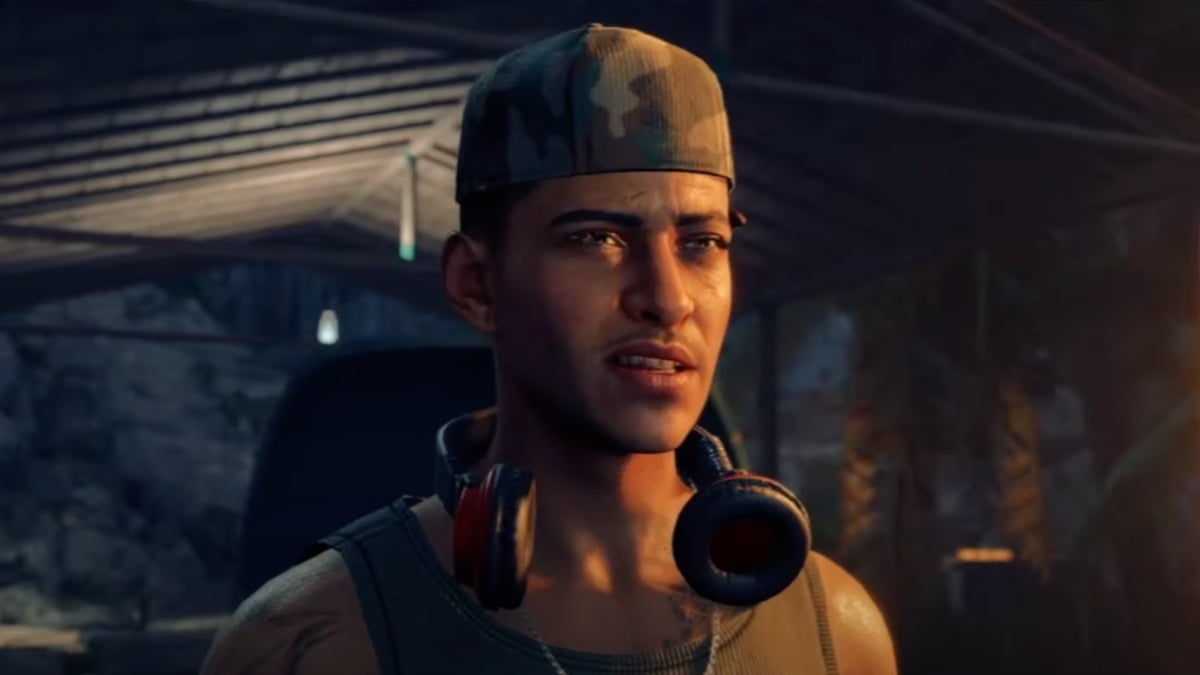
Paolo de la Vega — one head of Máximas Matanzas and boyfriend to Talia Benavidez — doesn’t have a groundbreaking role in Far Cry 6, but there’s an aspect of “less is more” to Paolo that the LGBTQIA+ community can appreciate. Paolo’s transition isn’t flaunted for all to see; it’s instead treated as a perfectly normal occurrence, which is exactly what it is. According to his limited biography, “Paolo was once in the Fuerzas Nacionales de Defensa but was expelled after his father, a drill instructor, found out he was transgender. Paolo then began stealing gear from Talia, and instead of turning him in once she found out, she gave him a DJ deck. According to Matías Alonso, Paolo underwent top surgery without any anesthetic and barely flinched.” Ubisoft themselves described Paolo thusly: “He’s trans in a country that refuses to accept him for who he is.” If that isn’t a motivational portrayal of a transgender character, nothing is.
Jackie (Night in the Woods)
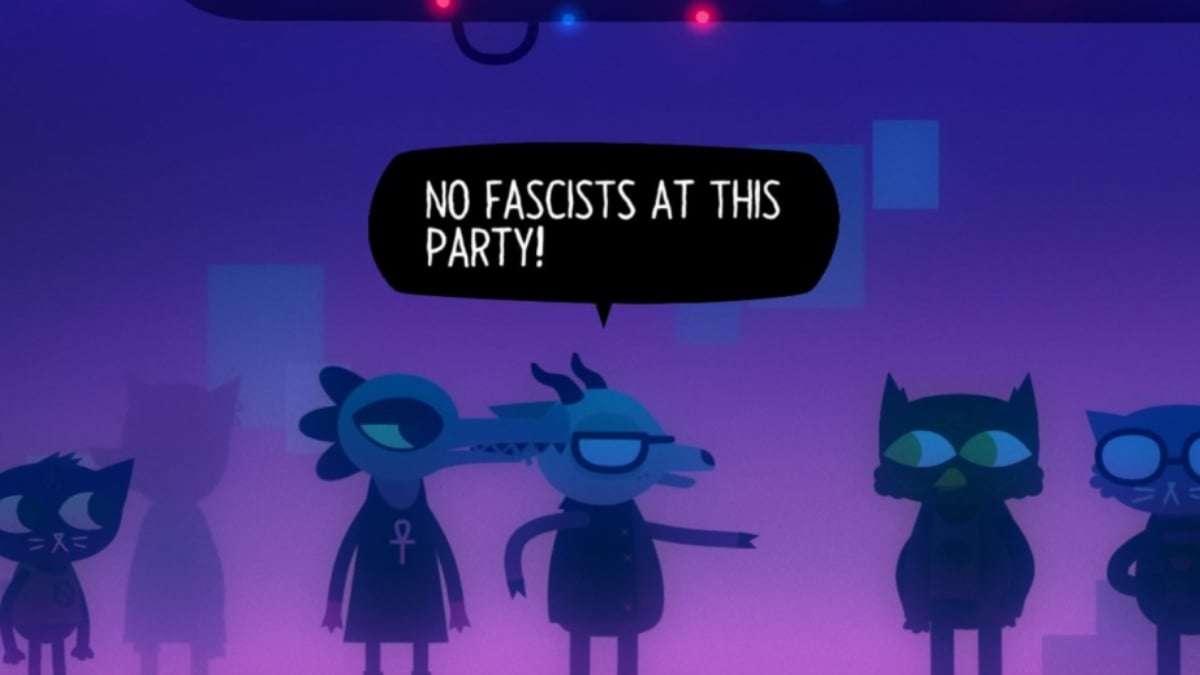
Night in the Woods‘ only confirmed transgender character, Jackie, a tan goat and Bea’s friend, doesn’t take criticism nor discrimination from fascists. Bea describes her as “serious about serious stuff.” Jackie is vehemently against fascism and the mistreatment of transgender individuals, even believing that violence against fascists is justified. Although there was no explicit mention of Jackie being transgender in the original release of the game, the Weird Autumn edition (something of a director’s cut for Night in the Woods) does include a scene between Mae and Bea in the car, where the duo discusses Jackie’s one-woman band called “Trans World Order Give Them Hell.” It isn’t terribly surprising that Jackie and Bea are close friends since it seems they share similar values and morals.
Miranda Comay (Watch Dogs 2)
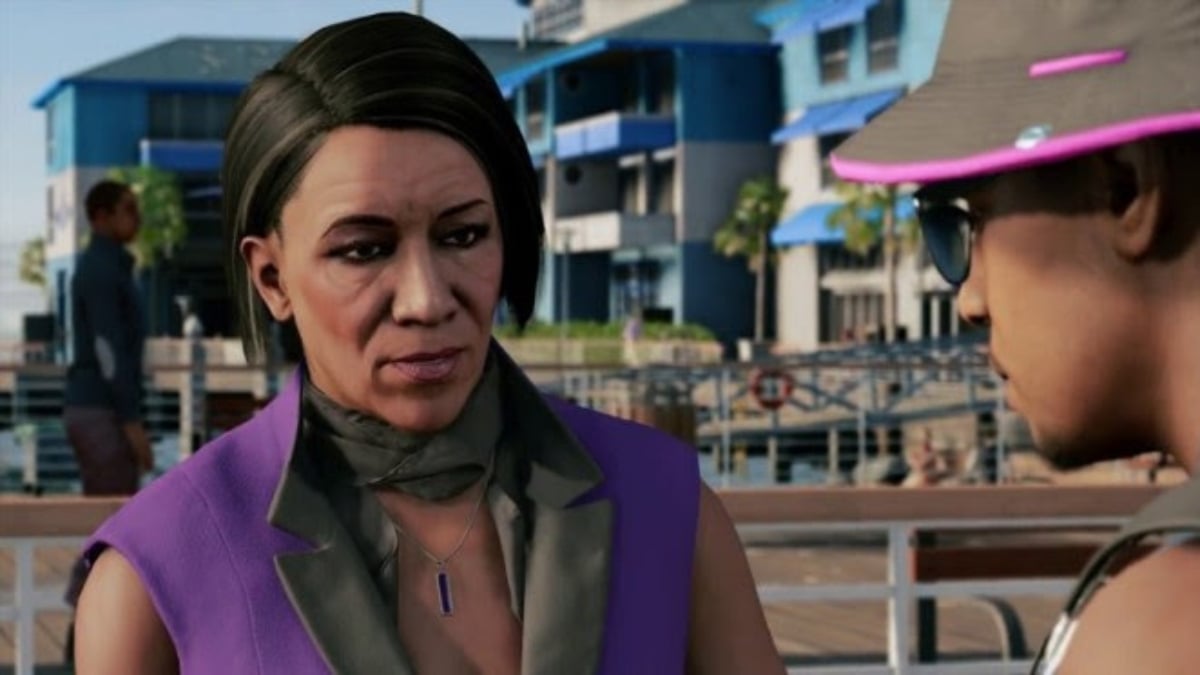
Perhaps one of the most conspicuous portrayals of a transgender character in video game history, Miranda Comay from Watch Dogs 2 couldn’t have suffered more blatant transphobia. Although she only has a small story arc, Miranda has been a long-time friend of Marcus’ family, which means she’s a common confidante during his segments. She’s repeatedly taken on the New Dawn cult, who make it their mission to publicly slander their opponents. In fact, the New Dawn cult even leaked Miranda’s surgery videos to the public in retaliation for her conspiring against them. Even after New Dawn exposed her gender reassignment surgeries, Miranda chose to rise above hate and focus on positive change, always doing what’s right. Now this is how you include the transgender community. Kudos to Ubisoft for making Miranda integral to the plot rather than exaggerating her status as a trans woman for the sake of inclusivity.
Osa (Tom Clancy’s Rainbow Six Siege)
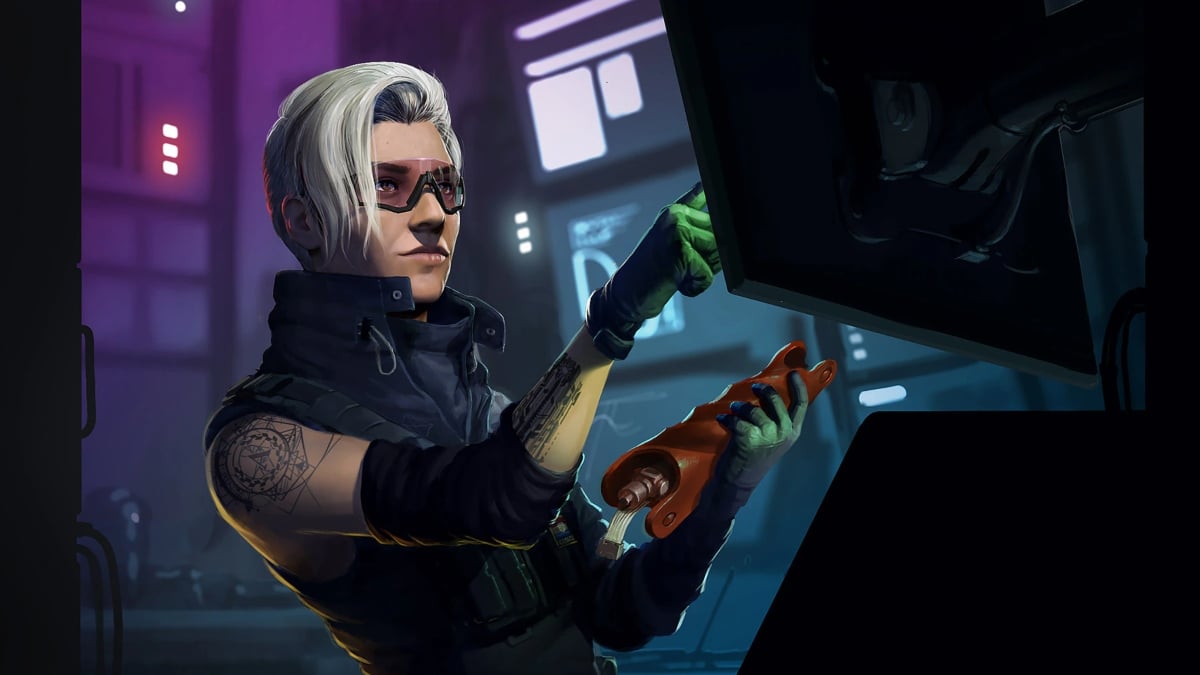
Although Osa is the first transgender Rainbow Operator in Rainbow Six Siege, she isn’t the first instance of LGBTQIA+ representation. That honor goes to Flores, whose psychological report states “every night he calls home to talk to his husband.” When studying robotics engineering at the University of Zagreb, Osa found herself at odds with her classmates, who isolated her due to their attitudes toward her transition. Kali holds a high opinion of Osa, however, writing in her report that “the fools at her university tried to diminish her, but Osa will always be motivated by wonder.” This is just another instance where Osa’s identity isn’t exaggerated, but rather celebrated and praised from afar by those who care about her the most and understand what she’s capable of. Osa is a shining example of how gender non-conforming individuals can make a prosperous life for themselves and co-exist with cis-gendered persons as nothing less than a friend, a family member, or a comrade.

